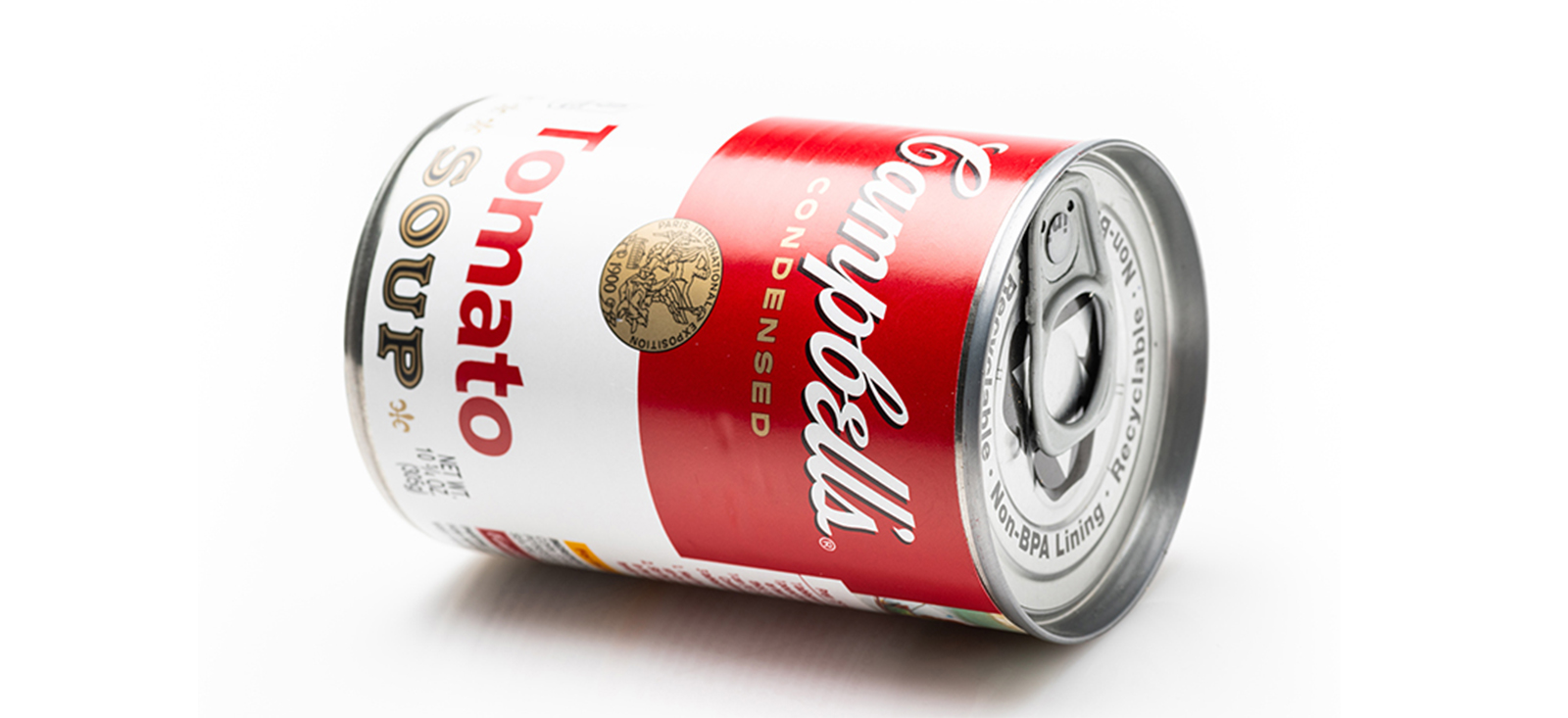
What's in a Brand Name? Insights into Campbell's Refresh
The Campbell Soup Company – make that The Campbell Company – recently made headlines when the 155 year-old company announced it was rebranding and dropping “Soup” from its name, pending shareholder approval in November.
Mark Clous, Campbell’s president and chief executive officer has been quoted as saying that the rebrand will better reflect the “full breadth of the company’s portfolio.”
While it may have shocked consumers, Yanliu Huang, PhD, a professor of Marketing in Drexel University’s LeBow College of Business, explains what goes into a brand’s decision to refresh and why it makes sense for Campbell’s.
Campbell’s Soup is 155 years old. Why rebrand now? What are the potential risks and benefits associated with a brand refresh?
Campbell’s recent rebranding strategy, which involves dropping the word Soup“ from its name, represents a significant shift in its brand identity. The goal of rebranding is often to reposition a brand in the minds of its target customers. In Campbell’s case, the rebranding aims to change consumers’ perceptions by highlighting that the company offers a wide range of products beyond its iconic soup. In recent years, Campbell’s has successfully expanded its offerings to include a variety of meals and snack brands, including popular ones such as Goldfish, Kettle Brand, Pepperidge Farm, Prego, Cape Cod, Lance, Milano, V8, and Snyder’s of Hanover. Sales of these snack brands now account for almost half of the company’s total sales volume. As a result, this rebranding move better reflects Campbell’s increasingly diverse product lineup.
There are both pros and cons associated with a brand refresh. On the one hand, rebranding is an effective way to update a brand’s image and refresh the associations customers hold in their minds, which could positively impact firm performance. On the other hand, rebranding carries the risk of diluting or losing the original positive brand perceptions, potentially leading to customer confusion and reduced brand recognition, which can negatively affect firm performance.
Read more on the Drexel News Blog.



